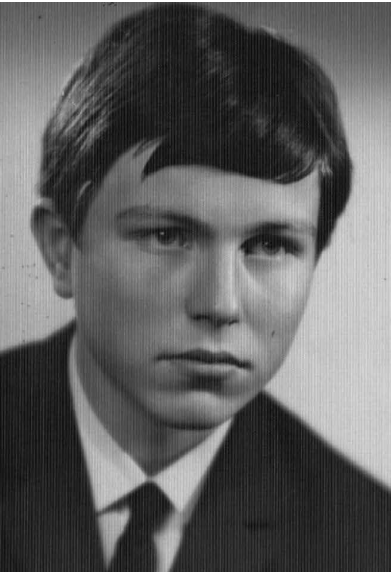As it happens in Bohemia, it was a great burst of enthusiasm, which quickly subsided

Download image
Petr Schönfeld was born on 11 October 1949 in Libčice nad Vltavou. After graduating from grammar school, he started studying journalism at Charles University in 1967. There he lived through the events of the Prague Spring and the student strikes after the invasion of the Warsaw Pact troops. After the beginning of the normalisation, he tried to emigrate, but his plan was discovered, so he stayed in Czechoslovakia. During his military service, he rehearsed for the 1975 Spartakiada. From 1968 he worked at Zemědělské noviny, where he became editor-in-chief after the revolution in 1989. In the 1990s he had several jobs in media production. Among other things, he founded the daily Blesk and later worked in a zoo.





